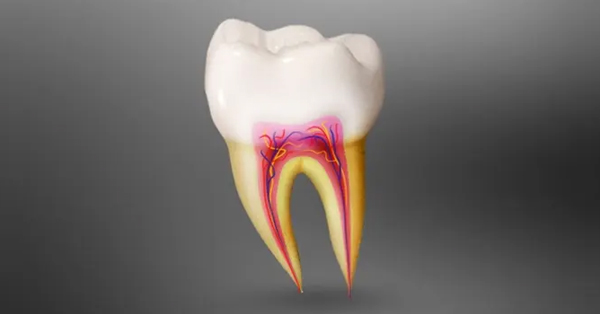Root Canals in Grand Prairie: Process Differences for Children and Older Adults
When it comes to root canals in Grand Prairie, understanding how the process differs for children and older adults is crucial. Root canals are a common dental procedure designed to save a tooth that is infected or severely damaged. While the core objective remains consistent – to remove infected pulp and prevent the need for tooth extraction – there are distinct considerations for different age groups due to variations in tooth development, anatomy, and overall oral health.
Comparing Root Canals in Grand Prairie: Children vs. Older Adults Procedures
Anatomy and Tooth Development:
-
Children:
Pediatric root canals involve treating teeth that are still in the process of development. Children's teeth have less mature roots, making it challenging to identify the extent of infection accurately. The dentist must exercise precision in assessing the pulp's condition and performing the procedure.
-
Older Adults:
In contrast, root canals in older adults are performed on fully-developed teeth with well-formed roots. The procedure tends to be more straightforward due to the fully developed tooth structure.
Sedation and Communication:
-
Children:
Pediatric patients may require specialized sedation techniques to ensure they remain comfortable and cooperative during the procedure. Effective communication with children can be more intricate, necessitating the dentist's expertise in creating a reassuring environment.
-
Older Adults:
The sedation approach for older adults might differ, considering their unique medical histories and potential interactions with other medications. Communication is typically easier with older patients.
Tooth Size and Restoration:
-
Children:
Children's teeth are smaller in size, demanding meticulous attention during the procedure. Removing infected pulp while preserving healthy tissue is crucial for the tooth's long-term health. Additionally, due to the temporary nature of primary teeth, restoration options are usually more conservative.
-
Older Adults:
The larger size of adult teeth allows for relatively easier access to the infected area. The goal is to ensure the complete removal of the infected pulp and thorough cleaning of the root canals. Restoration options, such as crowns, are often more permanent and aimed at lasting many years.
Longevity of Treatment:
-
Children:
Pediatric root canals are performed with the understanding that the treated tooth will eventually fall out as part of the natural exfoliation process. The focus is on ensuring the tooth's functionality until it naturally sheds.
-
Older Adults:
Root canal treatments in older adults are designed for long-term tooth preservation. Since permanent teeth are meant to last a lifetime, the goal is to extend the tooth's lifespan and prevent extraction.
Oral Health Considerations:
-
Children:
For children, maintaining excellent oral hygiene is essential to prevent future infections in adjacent teeth. Establishing proper dental care habits early on contributes to long-term oral health.
-
Older Adults:
Existing oral health conditions, such as gum disease, can complicate the root canal process in older adults. Addressing these issues before the procedure is crucial for successful treatment.
In both cases, seeking the expertise of a skilled dentist who specializes in root canals in Grand Prairie is paramount. A knowledgeable dentist can assess the individual needs of each patient and tailor the treatment plan accordingly. Whether it's a child or an older adult, a successful root canal procedure can save a tooth and contribute to overall oral health and well-being.
Get the Best Care for Root Canals in Grand Prairie for All Ages:
Commencing your journey to explore root canals in Grand Prairie transforms into an enlightening experience as you comprehend the differences between children and older adults. From precise procedures to personalized care, choosing a skilled dentist is imperative. Whether you're a concerned parent or an older individual seeking dental care, our team at (972) 544-5552 is here to lead you toward a healthier smile and lifelong oral well-being.


4.9 Stars
based on 426 reviews
5 Stars
based on 13 reviews